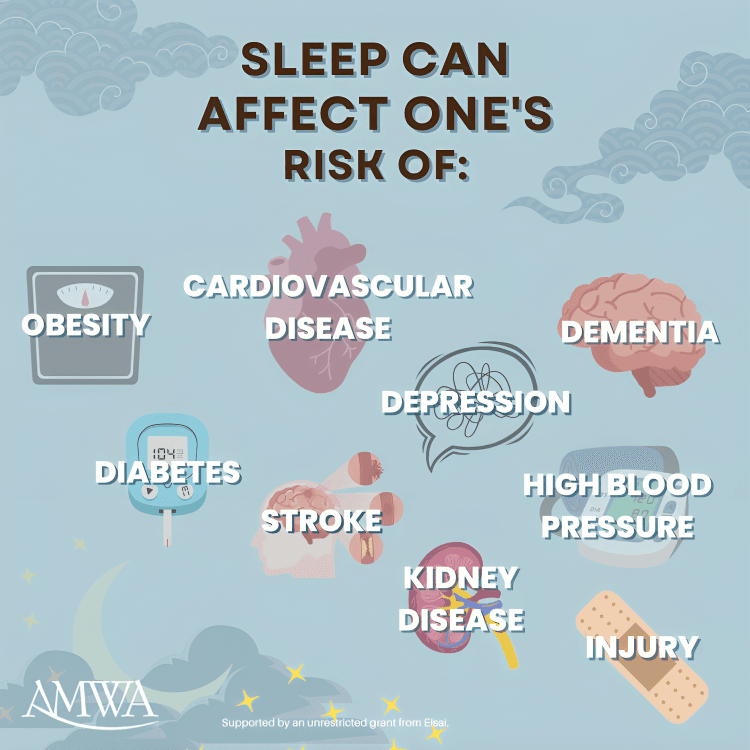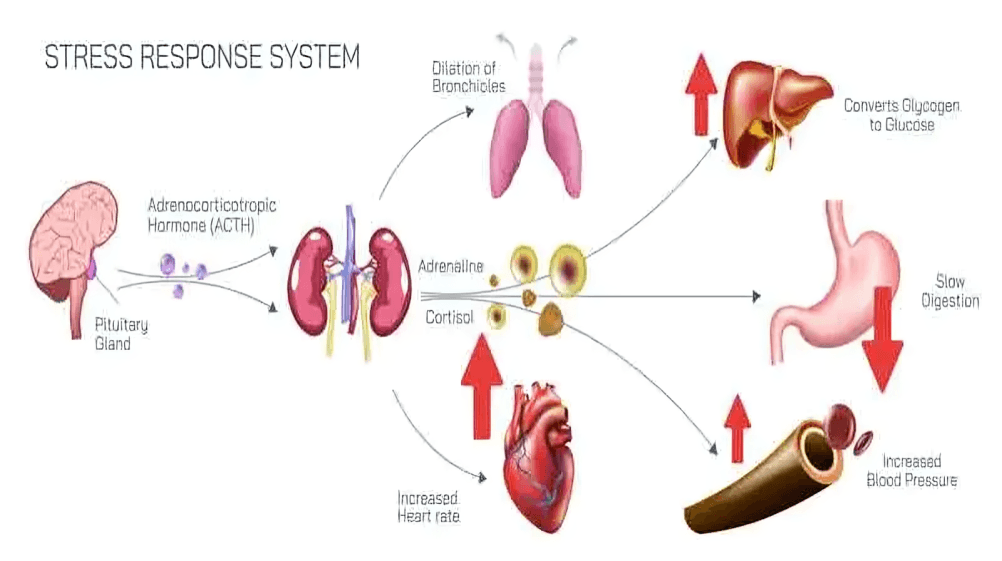
“
The rise of lifestyle diseases in young adults is becoming a global concern. These conditions, often caused by poor lifestyle choices like unhealthy diets, lack of exercise, and stress, are increasingly affecting the younger generation. As the pace of modern life accelerates, young adults are facing significant health risks. 1
1
”
Poor diet, rich in processed foods and high sugar intake, is a major contributor to the rise of lifestyle diseases in young adults, increasing the risk of obesity, type 2 diabetes, and cardiovascular issues over time. 1
Sedentary lifestyles, often involving long hours of screen time, contribute to weight gain and poor circulation, leading to an increased likelihood of hypertension, obesity, and other chronic conditions in young adults. 2

Insufficient sleep is linked to a higher risk of developing lifestyle diseases, including obesity, diabetes, and cardiovascular disease, as it disrupts metabolic functions and increases stress hormone levels.
Physical inactivity in young adults contributes to type 2 diabetes and heart disease, reducing insulin sensitivity, promoting weight gain, and impairing cardiovascular health over time. 3
Obesity in young adults, driven by poor diet and lack of exercise, increases the risk of hypertension, sleep apnea, and cancers, posing long-term health threats. 4
Tobacco and alcohol use among young adults contribute to lifestyle diseases like lung cancer, liver disease, and heart problems. Reducing smoking and drinking can significantly lower these risks. 5
Hypertension in young adults has risen due to poor eating habits, lack of exercise, and stress, increasing the risk of heart disease, kidney issues, and stroke, making early intervention vital. 6
Poor posture and sedentary habits contribute to musculoskeletal issues like back pain and joint disorders, affecting young adults' physical well-being and causing long-term mobility problems if unaddressed.7

Skipping meals or eating irregularly causes weight fluctuations, blood sugar imbalances, and higher risks of metabolic disorders like diabetes, worsened by poor food choices and stress.
The consumption of highly caffeinated beverages, common in young adults, leads to increased anxiety and elevated blood pressure, all contributing to a higher risk of chronic diseases over time. 8
Lack of social support in young adults, especially during stress, is linked to higher rates of mental health disorders like depression and anxiety, which are increasingly common.9
Early diabetes onset in young adults is rising due to poor lifestyle choices, including unhealthy diets, low activity, and obesity, making diabetes management and prevention crucial for health education. 10
Inadequate water intake has led to more kidney disease and urinary tract infections in young adults, as dehydration strains kidney function, potentially causing long-term kidney issues. 11
The fast food culture has contributed to unhealthy weight gain in young adults, leading to metabolic disorders like insulin resistance, increasing the risk of type 2 diabetes and cardiovascular diseases. 12
Excessive screen time without breaks increases the risk of vision problems, musculoskeletal issues, and sleep disturbances, contributing to broader lifestyle diseases in young adults. 13

Chronic stress from financial or academic pressures or social media use raises cortisol levels, contributing to weight gain, heart disease, and weakened immune function in young adults.
Lack of physical activity in childhood and adolescence has led to a rise in sedentary habits in young adults, contributing to obesity, high blood pressure, and heart disease, all preventable with regular exercise. 14
High sugary drink consumption has caused a rise in dental issues like cavities and gum disease among young adults, often linked to broader problems like diabetes and obesity. 15
Hormonal imbalances, worsened by stress, poor diet, and sleep deprivation, are common in young adults, contributing to conditions like PCOS and thyroid problems, which worsen with neglect. 16
Rising reliance on processed and fast foods has led to nutritional deficiencies and digestive issues like IBS and acid reflux, which can be managed with healthier diets. 17


